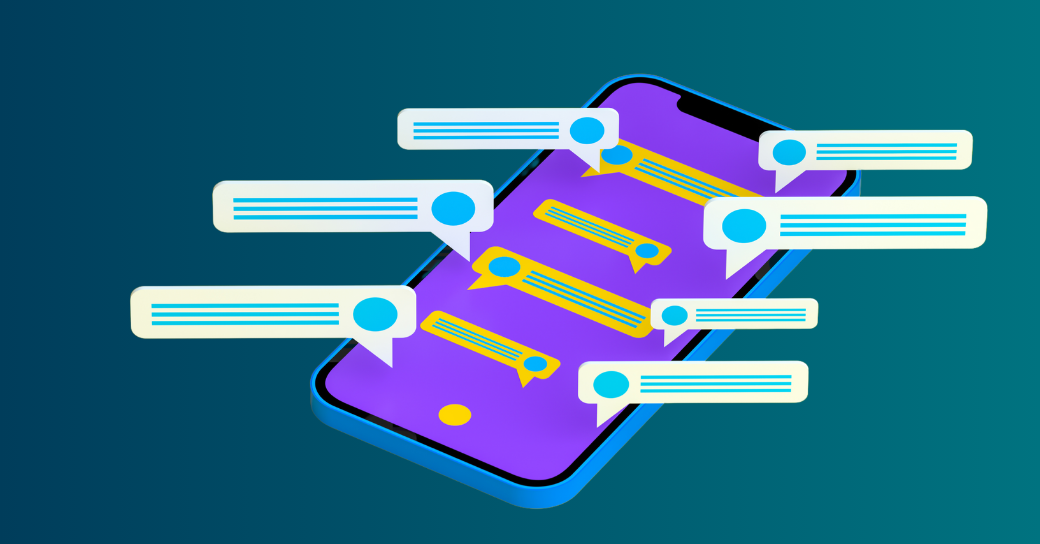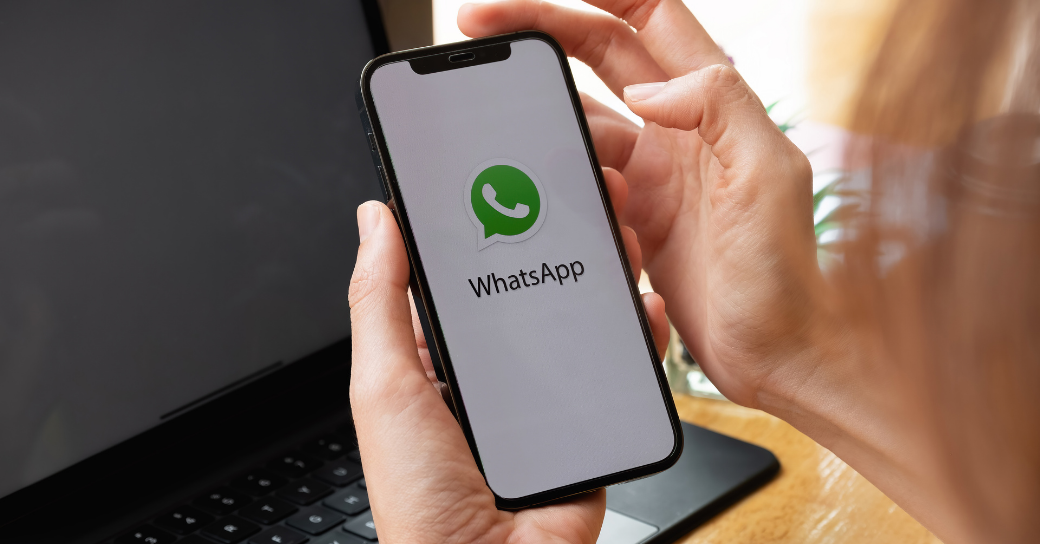The old days of: long wait times, grating hold music and huge phone bills are definitely a thing of the past.
Traditionally, customer service was limited to phone calls and emails. With the rise of social media, however, this model has transformed. Platforms such as Facebook, Instagram or even WhatsApp have become new channels for customer interaction, driven by the growing demand for faster, more convenient solutions to inquiries and complaints.
Sociall media customer service has really become a consumer staple. This is the case especially as 78% of consumers expect personalized responses from brands within 24 hours on social.
This means the stakes are high for brands to address customer needs with a level of personalized customer care that exceeds expectations.

Social media customer service involves offering support and live chat assistance through platforms like Twitter, Facebook, Instagram… This approach enables brands to quickly address service requests, customer concerns, feedback, and complaints without the need for time-consuming phone calls.
Today, in response to customer’s needs, modern social platforms are equipped with tools that help brands easily locate customer messages and respond in real-time. Providing support through these channels not only enhances customer satisfaction but also boosts loyalty, improves brand visibility, and drives revenue growth.
Recent statistics show that as of 2022, 60% of businesses have integrated social media into their customer service strategy—a number that continues to grow as more companies recognize the importance of engaging with customers on their preferred platforms. Companies that respond to inquiries on social media see a 20-40% increase in customer spending, while those that neglect these interactions risk a 15% higher churn rate.
So…. we don’t mean to scare you but in case you haven’t yet jumped ship on social media customer service, we really recommend you having a quick look 😉.
The task of integrating social media into customer service might initially seem like a burden, but companies are increasingly turning to it for key benefits:

Zendesk’s 2023 Customer Experience Trends Report highlights that 64% of consumers are more likely to spend when their issues are resolved through the same channel they used to reach out. Allowing customers to interact via their preferred platforms boosts satisfaction, especially considering that nearly a third of customers (28%) give up on solving a problem if they can’t find the answer online. This percentage jumps to 38% for Millennials and 39% for Gen Z. Additionally, 26.5% say they would give up if they had to wait on hold.

Based on recent research, it seems like 90% of consumers engage with brands via social media. Providing customer service through these channels enables businesses to connect with a wider audience, enhancing brand awareness. Responding to customer comments publicly also showcases your expertise and can boost engagement, particularly on platforms like Instagram, where higher engagement leads to increased visibility of future posts. For B2B companies, social media drives more customer acquisition than any other channel, including digital advertising and email campaigns.

Convince & Convert found that failing to address customer complaints on social media can lead to a 50% reduction in loyalty. Quick, personal responses build stronger relationships and can even convert frustrated customers into loyal brand advocates. Moreover, over half (53%) of consumers in the Social Media Consumer Trends 2024 report said that timely responses to questions and comments are the most appealing thing brands can do on social platforms. Focusing on delivering prompt and effective service helps build trust with both potential and current customers. It can even turn dissatisfied customers into loyal advocates for your brand.
With people getting increasingly comfortable using social platforms, social media support is becoming more of a necessity than an option.
Now that you recognize the significance of social media customer service for your business, here are steps to implement it effectively and elevate your overall service strategy:
In today’s digital world, businesses constantly seek practical and efficient ways to stay close to their customers and enhance their experience. Not only that, but it seems like customer support isn’t just a department, but it really has become a competitive differentiator. With the rise of messaging apps and social media platforms, customer service has really entered a new era of instant, secure and personalized communications.
Today, WhatsApp stands at the forefront of this revolution.

In today’s digital landscape, where customer support is everywhere, and messaging apps are becoming essential for businesses, you might be asking, “Is WhatsApp the right choice for my customer service?”
It’s a great question! The answer ultimately depends on your unique business requirements, your target audience, and the type of customer experience you want to create. While WhatsApp isn’t a one-size-fits-all solution, its flexibility and robust features make it an appealing option for many businesses.
Ready to take the plunge? Let’s explore the key reasons why WhatsApp is a popular choice for customer-focused companies in our next section
WhatsApp is one of the most widely used apps globally, with:
People love WhatsApp for its straightforward design and ease of use. Since most users are already familiar with its interface, they can quickly adopt it without much effort. WhatsApp supports sharing text, images, videos, and documents, allowing smooth interactions that cover various customer support needs.
Customers expect quick responses and personalized, expert answers when using messaging apps. Unlike emails, which can feel formal and slow, or phone calls, which require immediate availability, WhatsApp offers the convenience of asynchronous yet nearly instant communication. Messages on WhatsApp also feel more personal, helping businesses build a closer connection with their customers.
With more than 70% of online purchases happening during evenings and weekends, WhatsApp’s 24/7 support capability—powered by automation—meets the demand for always-on service. Users want prompt, personalized replies, similar to live chat conversations, that cater to their specific needs and preferences.
WhatsApp can be integrated with support tools like Zendesk, Freshdesk, Crisp, Intercom, and Gorgias, centralizing all customer interactions in one place. This setup promotes teamwork among customer support agents, helping them manage and track requests efficiently. It also provides agents with a comprehensive view of the interaction history, enabling more personalized responses. Not to mention that is can be easily integrated with you CRM!
These integrations also support features like automated messages, which can greet customers and offer instant answers to frequently asked questions (FAQs). This boosts self-service capabilities and helps assign requests to the right agents more effectively.
To gauge the effectiveness of your WhatsApp-based customer support, consider tracking these key performance indicators (KPIs):
Tracking these KPIs is essential, as customers expect more from the close and immediate nature of WhatsApp.
Whether you’re just starting with social media customer service or looking to scale your existing support operations, we’re here to assist. As an outsourcing company for startups and scale-ups, we specialize in building dedicated customer support teams that can handle inquiries 24/7 in over 80 languages. We can help you:
If you’re already considering WhatsApp as a customer support channel, we’ve got you covered there too. We can integrate WhatsApp into your support strategy, manage the 24-hour response window efficiently, and enhance your service capabilities to meet customer expectations.
Reach out if you want a demo! We’re available 24/7 😉